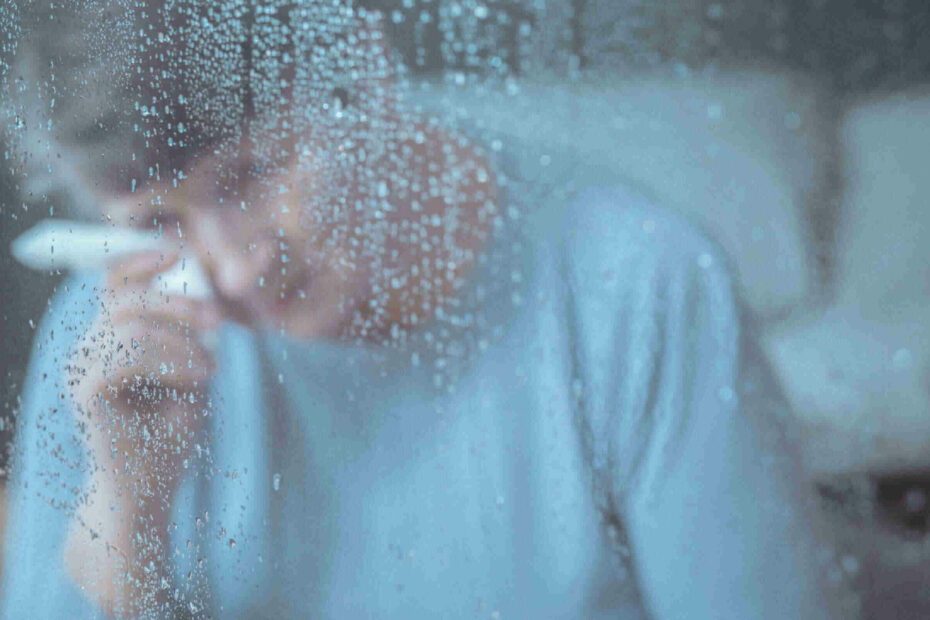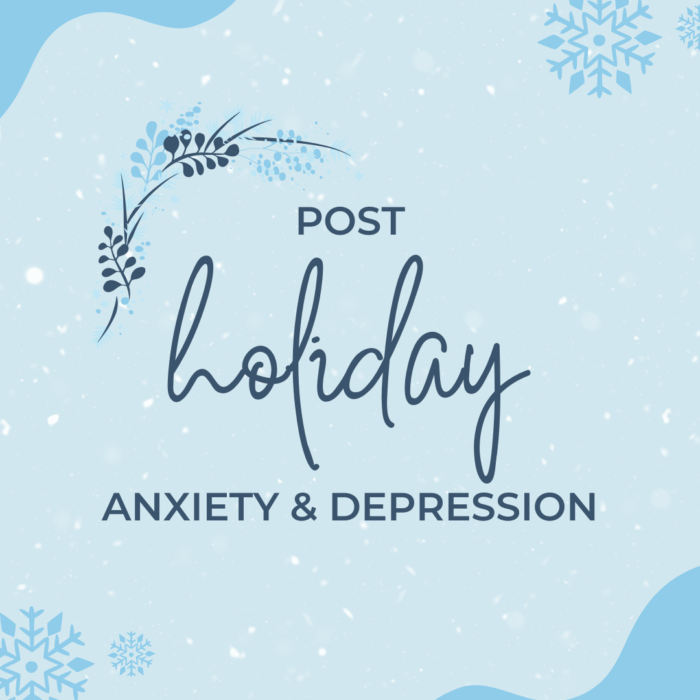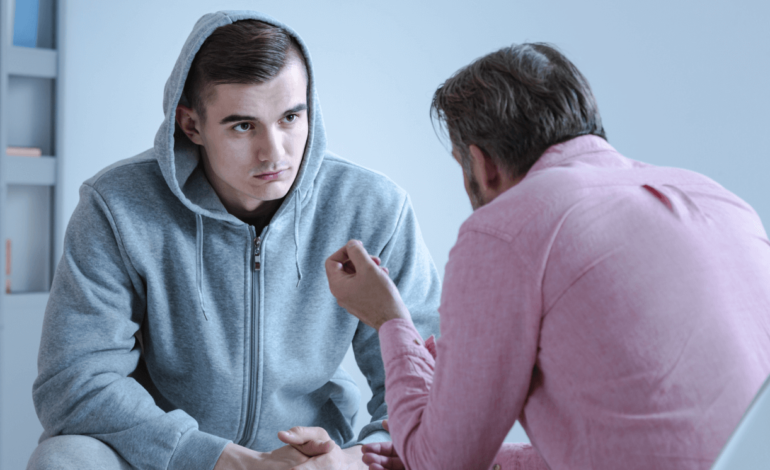Major depressive disorder is a mental health disorder listed under the category of mood disorders. Symptoms range from sadness, changes in sleep and appetite, and low energy to problems with concentration, feelings of guilt, and suicidal ideations. Before these symptoms develop and interfere with daily living, there are warning signs that may be present.
Alcohol or drug use
Individuals experiencing the initial stage of depression may use alcohol or drugs to cope with or numb their feelings. They may not realize they are experiencing feelings of depression because the alcohol or drug of choice is covering up their symptoms. As a result, they may appear happy and carefree when intoxicated, making it difficult for others to recognize their signs and symptoms. Individuals who use alcohol or drugs to numb their feelings of depression may engage in binge drinking, experience hangovers regularly, drink or use drugs in the morning upon waking, drink or use drugs to help deal with stress and drink or use drugs at night to help them fall asleep.
Negative self-talk
Negative self-talk is an inner dialogue that is critical and damaging. Individuals may use negative self-talk if they have feelings of low self-esteem. Negative self-talk is often focused on rehashing the past or fearfully rehearsing the future as it is never focused on the “now.” Negative self-talk can be an early sign of depression as it often means we do not respect ourselves. Unfortunately, other individuals cannot recognize our inner dialogues. As a result, we can let this negative self-talk linger, resulting in more profound feelings of depression over time. It is only ourselves that can recognize this negative self-talk and therefore take action to turn this negative self-talk into positive affirmations.
Social isolation
When we begin to feel “down and out,” we may not feel like interacting with others, even with our friends and loved ones, and as a result, we may choose to isolate ourselves. We may turn down invites to dinner, turn off our phones to “check out,” and stay inside our homes to avoid others. Taking some alone time is healthy, but only in short segments as a way to decompress. When isolating ourselves from our loved ones, we can jeopardize our personal lives and potentially destroy friendships and romantic relationships.
Low sex drive
Not wanting to engage in sexual activity with our partner, especially in our prime, is a red flag that we may be experiencing early signs of depression. Symptoms of depression often include apathy and low interest in things we once loved, resulting in a very low sexual desire. In addition, avoiding sex with our partner can create friction within the relationship, potentially damaging the relationship. If you feel that you have a low sexual desire, you may want to discuss this with a therapist and with your partner to determine the underlying reasons and to prevent any relationship turmoil.
Forced happiness
“Smiling depression” is a coping mechanism some individuals use to hide their symptoms of depression. An individual may feel lonely and sad inside but can still put on a happy face, go out in the world, and interact as if nothing is wrong. Individuals may be “forcing their happiness” because they do not want to burden others, have feelings of guilt, denial, or embarrassment, or are concerned about burdening others.
Poor work performance
Poor concentration, the inability to complete tasks on time, sloppy work projects, and arguments with coworkers are all examples of poor work performance that can be brought on by depression. When an individual is depressed, their priorities, including work, may fall to the back burner.
Seeking help for depression
Depression can worsen over time, especially without treatment. Therefore it is best to seek treatment as soon as possible not only for symptom reduction but also to learn healthy coping skills to manage symptoms that may arise in the future. Treatment for depression involves psychotherapy or medication, or a combination of both, depending on the individual and symptom severity. Often, the individual may also have a co-occurring substance use disorder or anxiety disorder that is not diagnosed until the individual undergoes professional treatment.




